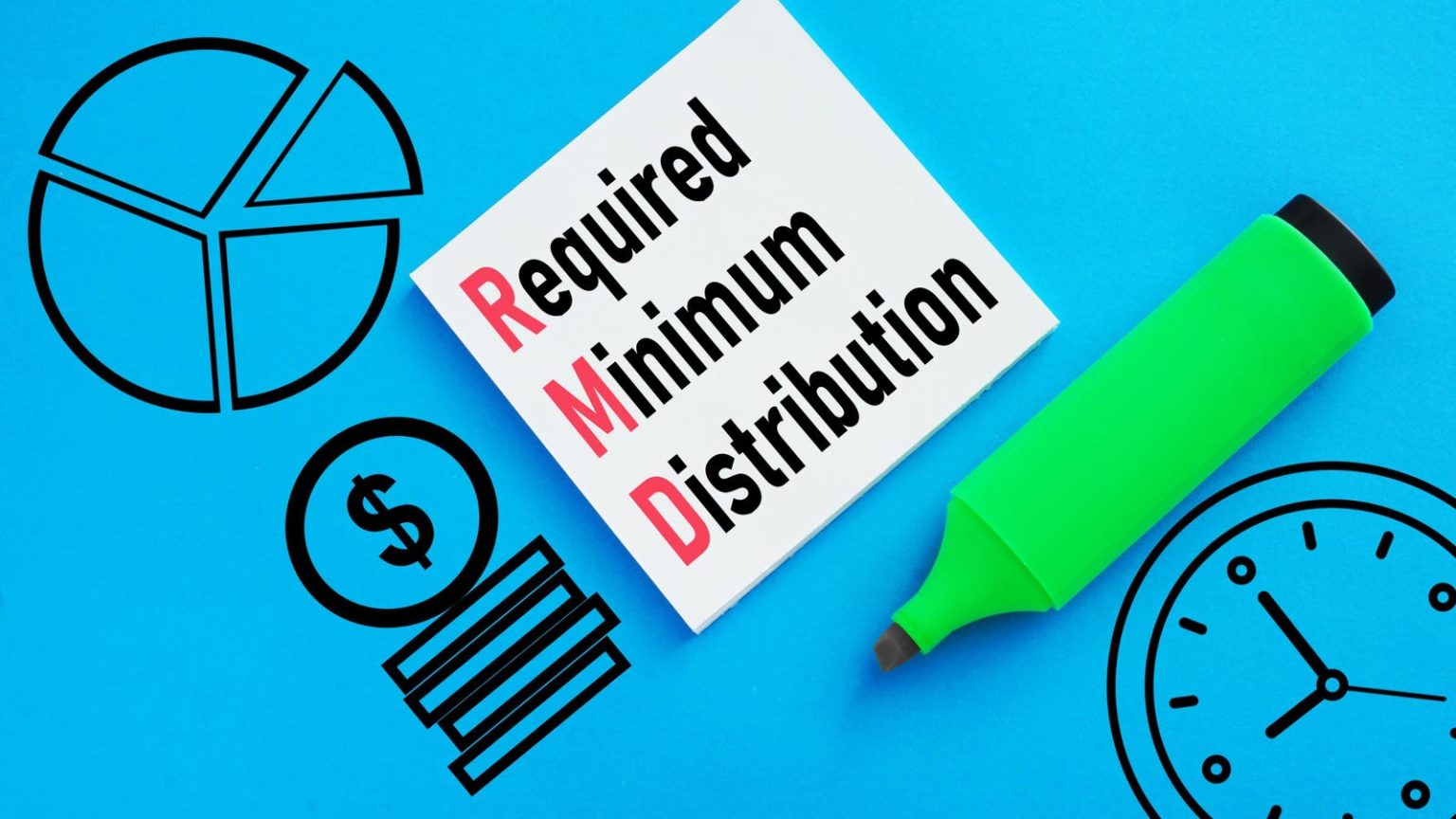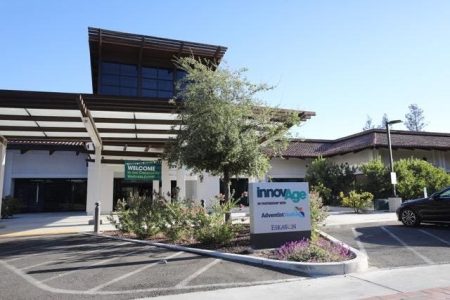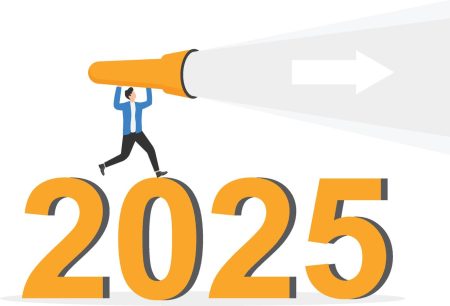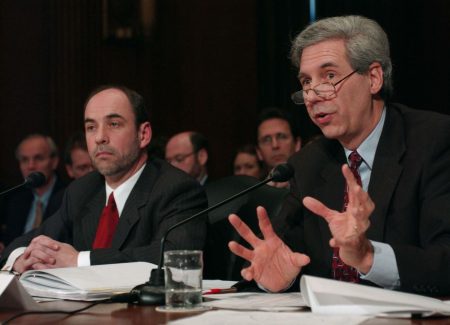Today, July 19, 2024, the IRS and Treasury Department released long-awaited final regulations on Required Minimum Distributions. RMDs are mandated yearly withdrawals from IRAs, 401(k)s and other tax deferred retirement plans.
The final regulations clarify changes brought about by the SECURE Act, which took effect in 2020, and the SECURE 2.0 Act, which was signed into law at the end of 2022. The new rules start taking effect on January 1, 2025.
Summary of Comments
To get a quick overview, I suggest focusing on the 14-page “Summary of Comments and Explanation of Revisions.”
10-Year Rule
One of the issues clarified by the final regulations is whether the beneficiary of an individual who had already starting taking RMDs (with some exceptions) needed to continue RMDs yearly — something that sparked a lot of reaction in the proposed RMD regulations for the original SECURE Act, which were published in February 2022.
As pointed out in IRS Notice 2022-53, many beneficiaries told the IRS they believed that under the SECURE Act, there would be no RMDs for nine years whether the original IRA owner was taking RMDs or not – only the requirement to empty the account in the 10th year.
However, according to an IRS press release, “Treasury and IRS determined that the final regulations should retain the provision in the proposed regulations requiring such a beneficiary to continue receiving annual payments.”
The exceptions are “eligible designated beneficiaries,” defined in IRS Publication 590-B as the IRA owner’s surviving spouse; the IRA owner’s minor child; a disabled or chronically ill individual; or any other individual who is not more than 10 years younger than the IRA owner. Eligible designated beneficiaries have other options for dealing with an inherited IRA and are not limited to the 10-year rule.
What About Roth 401(k)s?
Until Secure 2.0 amended section 402A of the Internal Revenue Code to add a new subsection (d)(5), RMDs from a Roth 401(k) were required, even though those withdrawals were not subject to income taxes. Starting in 2024, RMDs from Roth 401(k)s are no longer mandated.
Born in 1959?
On another front, an issue that arose related to the SECURE 2.0 Act involved the age when one is required to start taking RMDs — specifically for those born in 1959. Footnote 7 in the final regulation pointed out that “Section 107 of the SECURE 2.0 Act includes an ambiguity relating to the definition of applicable age for employees born in 1959 (section 401(a)(9)(C)(v) provides that the applicable age for those employees is both 73 and 75).”
A separate notice of proposed rulemaking (REG-103529-23) released today states that “the applicable age for an employee who was born in 1959 would be age 73.” A public hearing on this proposed rulemaking is set for Sept. 25, 2024.
A Cautionary Note
When it comes to RMDs, always consult with your tax adviser before taking any action.
Questions
To keep up with topics that I cover, be sure to follow me on the forbes.com site (and if you would like to subscribe, check out the red box at the top right). Write to me at [email protected]. Include your city and state, and mention that you are a forbes.com reader. While all questions cannot be answered, each email is read and reviewed and can lead to discussion in a future post.
Read the full article here













